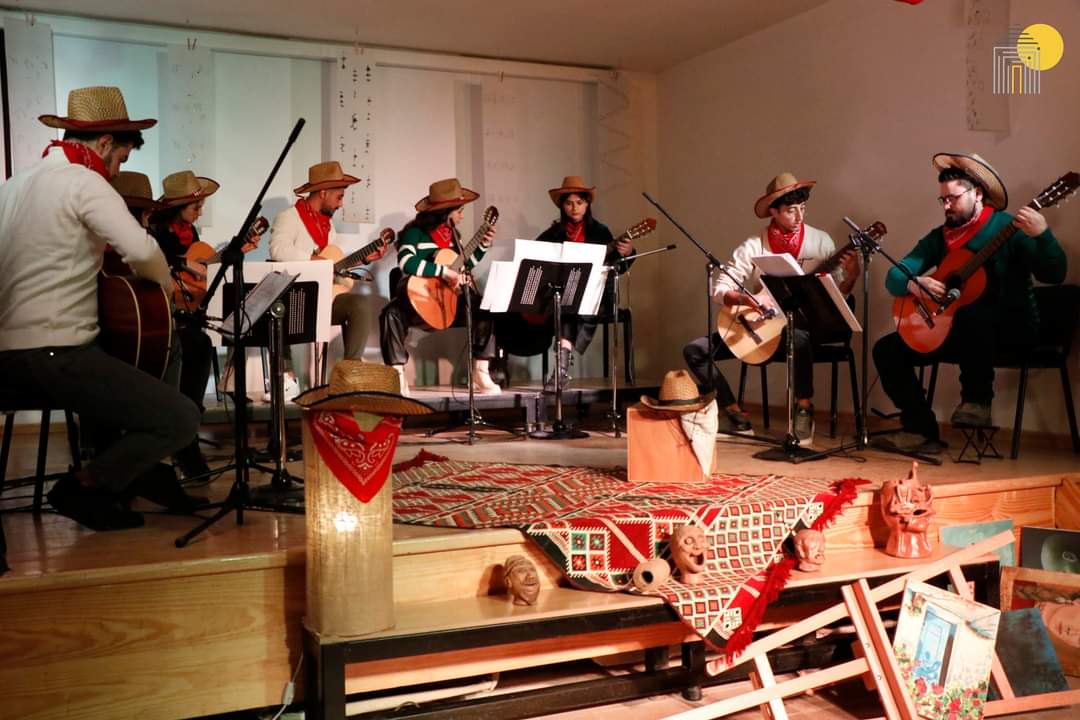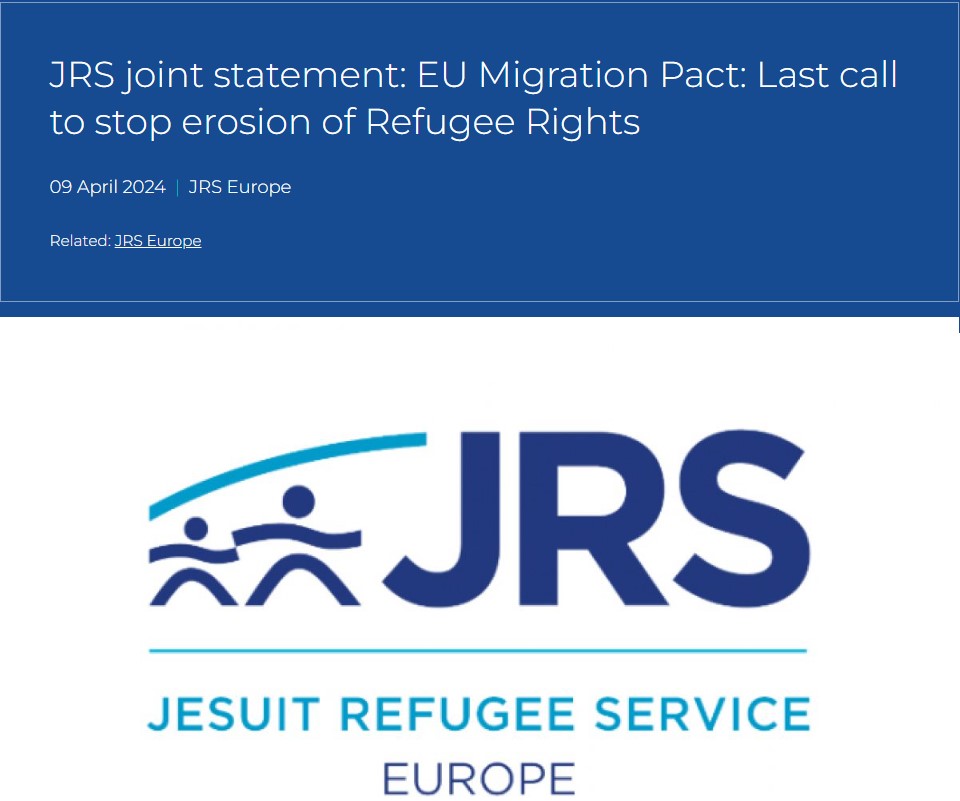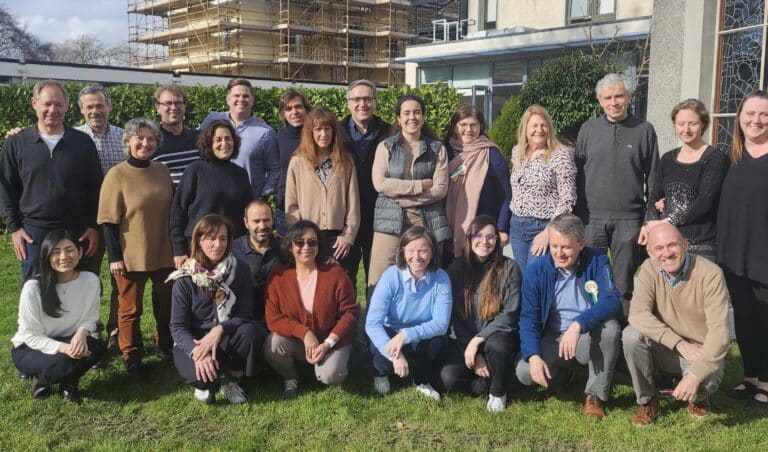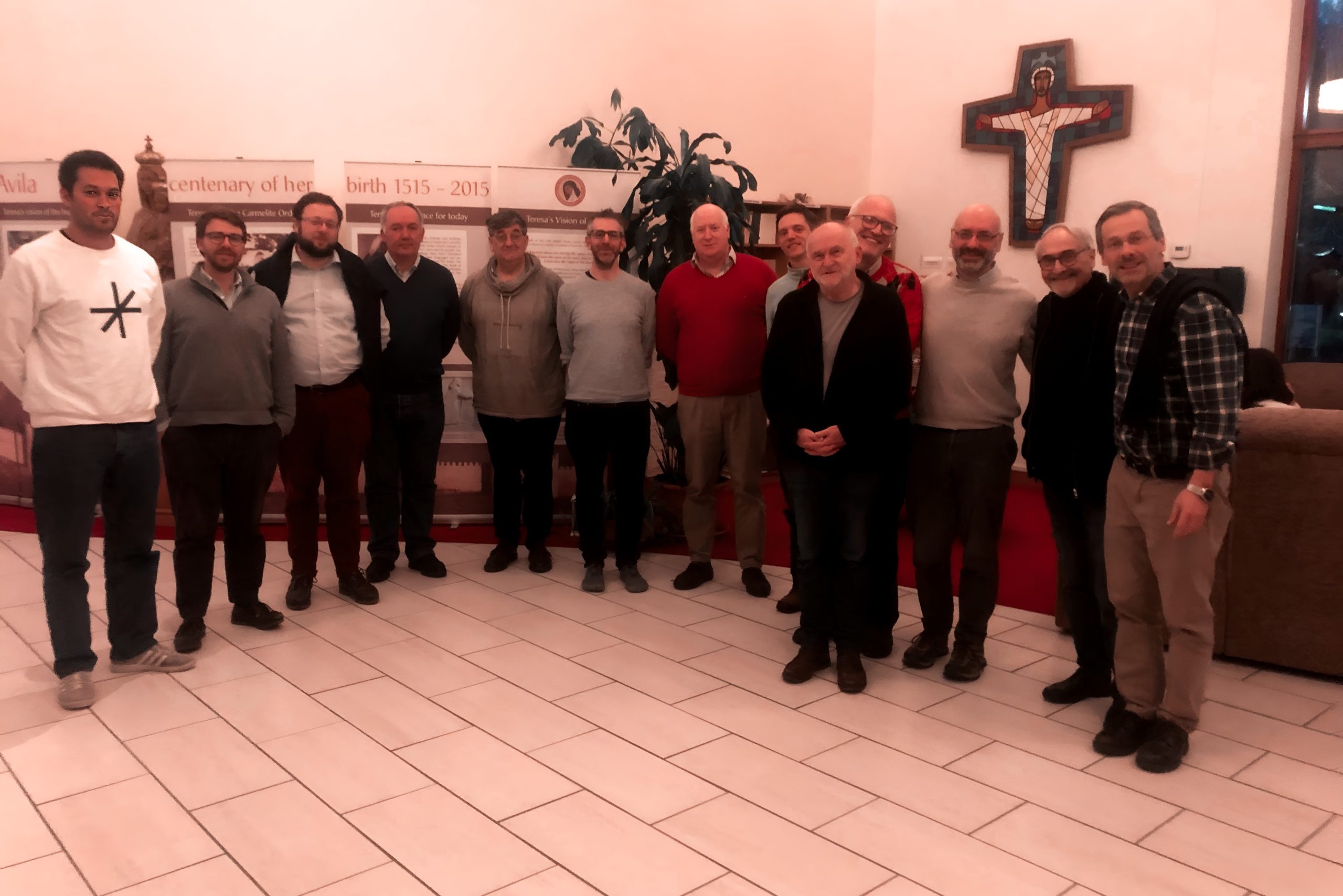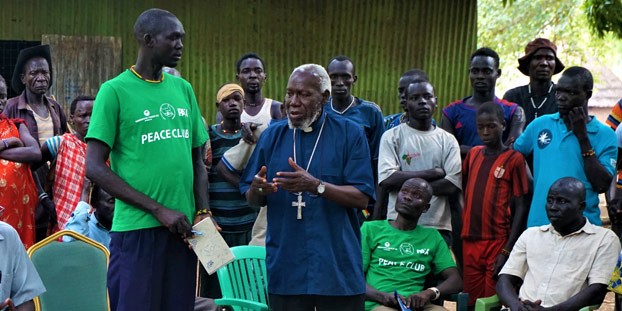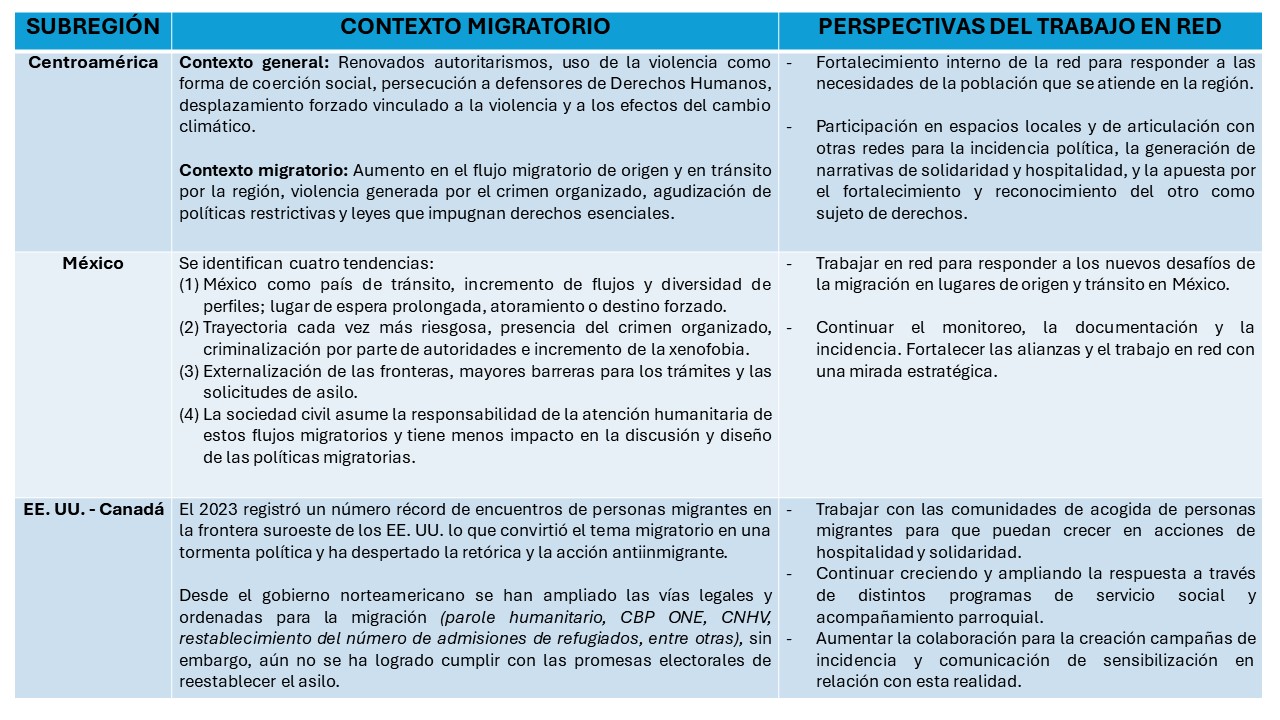Fr. Jean du Rivau SJ, pioneer of Franco-German reconciliation
Every post-war period demonstrates the need for reconciliation between formerly antagonistic peoples in order to maintain a lasting peace. After the Second World War, a number of Jesuits, both French and German, involved in social action, responded to this important mission with a variety of initiatives. Jean de Rivau was one of these pioneers of Franco-German reconciliation.
A man of strong personality, Jean du Rivau was a man of exception and contact, born on 20 February 1903 in Le Mans into a family of the upper middle classes in the west of France. After completing his training, he became chaplain to students at the Faculty of Medicine in Paris, and was ordained a priest in 1936. He worked with Father Michel Riquet, a contributor to the journal Études, and Father Desbuquois, S.J., founder of the journal Action Populaire, who did much to make the social role of the Church understandable.
His career path did not allow him to escape confrontation. He took part in the fighting in the spring of 1940, for which he received several commendations and the Croix de Guerre. Taken prisoner, he escaped a month later. During the war, he was also influenced by Father Chaillet, a Jesuit from the Faculty of Theology at Lyon-Fourvière and co-founder with Father Fessard in 1941 of the clandestine Cahiers de Témoignage Chrétien, which condemned Nazi barbarism in the name of the Christian faith.
Called in as a chaplain to the Chantiers de Jeunesse (youth work camps) set up by Vichy, he became a military chaplain in 1944-45 and was posted to Offenbourg, the administrative and military capital of the French Occupation Zone, in the Centre d'Information et de Documentation Economique et Sociales (CIDES), which a year later became the Centre d'Etudes Culturelles et Sociales.
As part of this work, in the summer of 1945, he developed a reciprocal information tool for the French and Germans: Documents for the French and Dokumente for the Germans. His plan was to build on this exchange to pave the way for reconciliation and coexistence in a peaceful world.
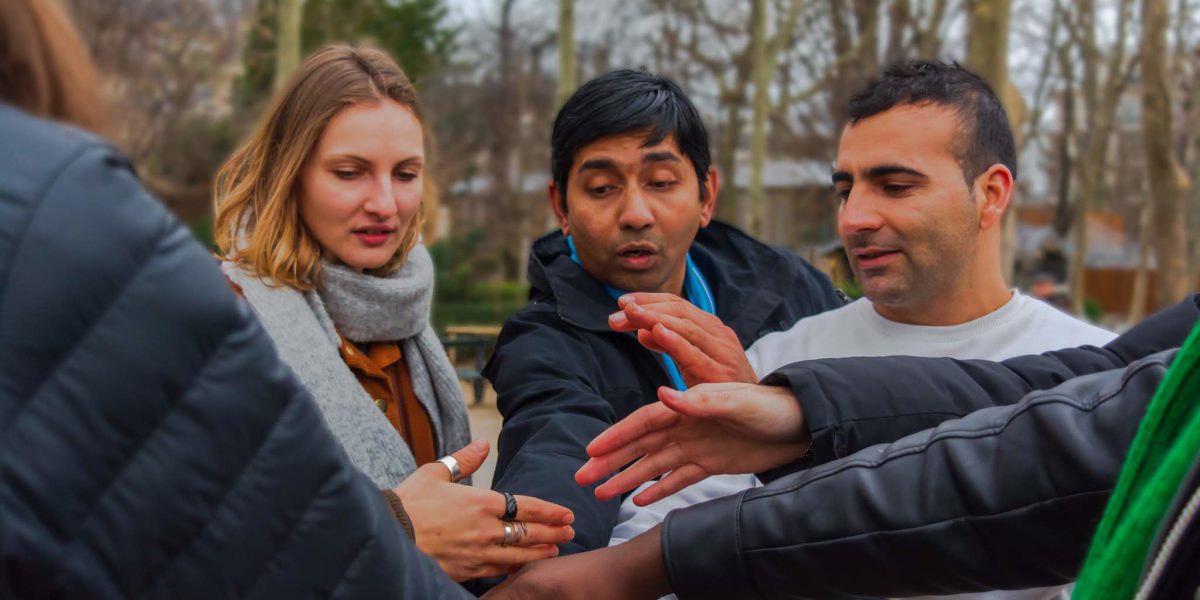
He was driven by the idea of forging contacts between French and German Christians, and the need to create lasting links between France and Germany, by listening to the Germans and their suffering. The strategy was to inform the French about the Germans and their country, giving the Germans the opportunity to speak directly to them through translations. And to provide the Germans, who had often been cut off from the outside world since 1933, with credible and easily usable information about France.
"We don't want to take sides, we simply want to enlighten people through texts and enable them to start talking one day soon", he said in the first issue about his vision for the publication.
In addition to the magazine, he will be setting up other initiatives to bring the two peoples closer together, such as translating French books that are essential to the German public into German, and organising meetings between French and Germans to re-establish dialogue between them.
The magazine and the centre's other missions led it to play a pioneering role in mediating between these two formerly antagonistic peoples. The first meetings between French and German Catholic writers, firstly at Lahr, near Offenburg (25-29 August 1947) and then at Royaumont (4-8 October 1948), are apt testimony to this.
These reconciliation initiatives were carried out despite a hostile context. Indeed, it was not easy to create the conditions for a rapprochement when the French policy of occupation was aimed more at punishing the Germans and keeping their country in a state of lasting inferiority than at preparing them to become future partners. His project therefore did not fit in with official policy. As a result, he had to deal with difficult material and financial problems himself, even though he was granted assistance by the French occupation authorities.
Despite his difficult beginnings, Father Jean du Rivau was able to impose his work of reconciliation to the point of becoming a key figure in Franco-German relations. In 1954, he was the first Frenchman to be awarded the Grand Cross of the Order of Merit of the Federal Republic of Germany, and the first to receive the Council of Europe Prize in 1956. The Légion d'honneur was awarded to him by his friend Robert Schuman.
Jean du Rivau died on 3 January 1970, aged 67, with at least the certainty that his work would last. Today's world, marked by conflict, is thirsty for people like him who, moved by the message of forgiveness and love for the enemies of Christ, campaign through various actions for reconciliation between peoples in conflict.
Note: This text is based on an article published on Father Jean du Rivau in Henri Menudier's Open Edition Books, Documents and BILD, Les articles des années 1945-1955.
Read the full article in French.
By Boris FOKA

